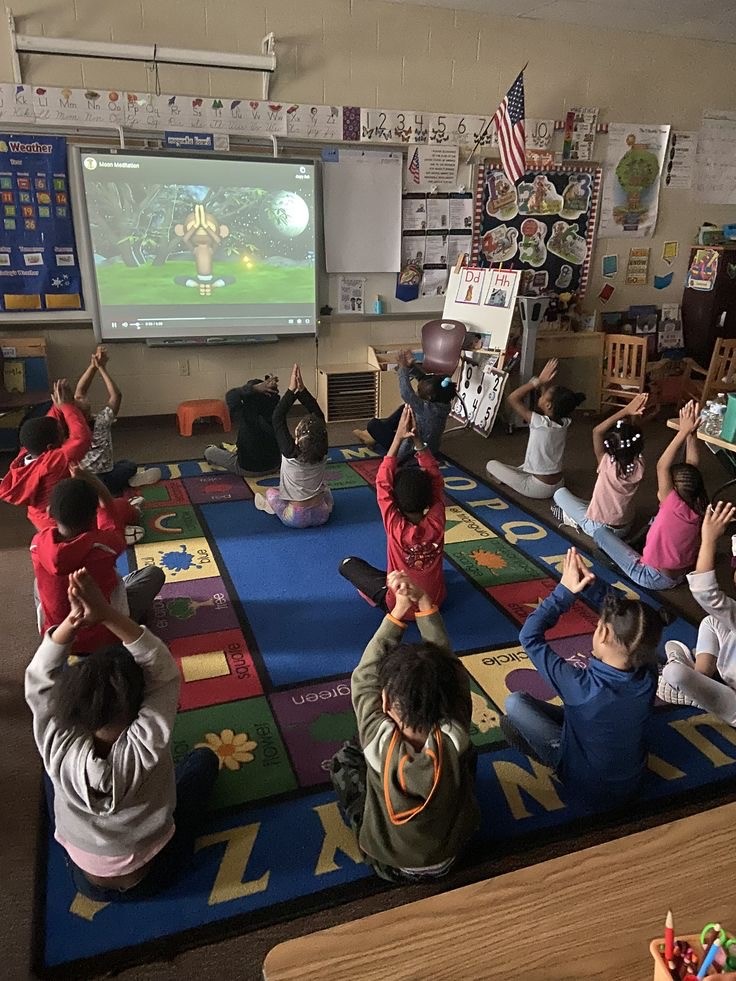Child care, which is based on conventional methods, is undergoing a transformation. New methods and technological developments are completely changing how we raise and assist our children. Several trends are influencing the face of child care as we go into a future dominated by fast change, radically altering how we approach early childhood development.
Child care is developing towards personalised educational experiences by embracing artificial intelligence (AI) and adaptive learning solutions. Artificial intelligence-powered platforms analyse a child’s learning patterns and adjust curriculum and activities to their unique needs. These technologies not only promote cognitive development, but also creativity and problem-solving abilities in children.
The merging of virtual and augmented reality (VR/AR) technology is revolutionising early education. Consider how children could learn about ancient civilisations through immersive VR experiences or animals through lifelike AR simulations. These technologies foster interesting and interactive learning environments, transforming education into an experience.

Furthermore, with the proliferation of IoT (Internet of Things) gadgets and smart monitoring systems, parents may now remotely monitor their child’s actions at nursery or preschool. Real-time updates and insights into a child’s behaviour and development enable more informed and connected parent-teacher relationships, supporting a collaborative approach to child development.
Notably, child care institutions are incorporating innovative health and safety procedures. Technology is creating a safer environment for children, from UV sterilisation systems for toys and other supplies to portable health monitors that track vital signs. Furthermore, apps and platforms are streamlining health data, allowing carers to rapidly access medical information.

In child care settings, robots created expressly for kid interaction are gaining momentum. These friendly robots interact with youngsters, helping them with language development, social skills, and even emotional support. They give stability and organised learning experiences while supplementing human engagement. In addition, virtual child care services are emerging as a solution to accessibility issues. These platforms provide remote or underserved parents with online classes, consultations with child development experts, and resources. The digital sphere is breaking down barriers, guaranteeing that every child receives exceptional care.
As technology becomes more integrated into child care, an emphasis on ethical usage and responsible integration becomes increasingly important. In this changing context, ensuring data privacy, limiting excessive screen time, and striking a balance between tech-based and traditional learning methodologies are critical issues. E-learning platforms and virtual training sessions are revolutionising continuous professional development for child care workers. These materials equip carers with up-to-date approaches, insights into child psychology, and ideas for inclusive and diverse teaching practises, allowing them to provide high-quality care.
The future of child care is undeniably intertwined with technological innovation. However, as we embrace these advancements, it’s essential to maintain a human-centric approach. Technology should complement, not replace, the warmth and care provided by human interaction. Striking a balance between innovation and traditional nurturing is key to holistic child development.
The trend of child care is shifting towards a tech-infused future, altering how we educate, support, and nurture our society’s youngest members. These technology breakthroughs hold the possibility of providing brighter and more enriched childhood experiences for future generations with responsible integration and a focus on personalised, holistic development.
Sources
- https://illumine.app/blog/5-ways-technology-is-transforming-child-care-centers/
- https://www.procaresoftware.com/resources/child-care-technology-your-center-needs/#:~:text=Technology%20plays%20an%20important%20role,%2Dto%2Dface%20with%20kids.
- https://toddle.com.au/thecorkboard/technology-in-child-care
- https://oureverydaylife.com/technology-used-day-care-centers-8181317.html




